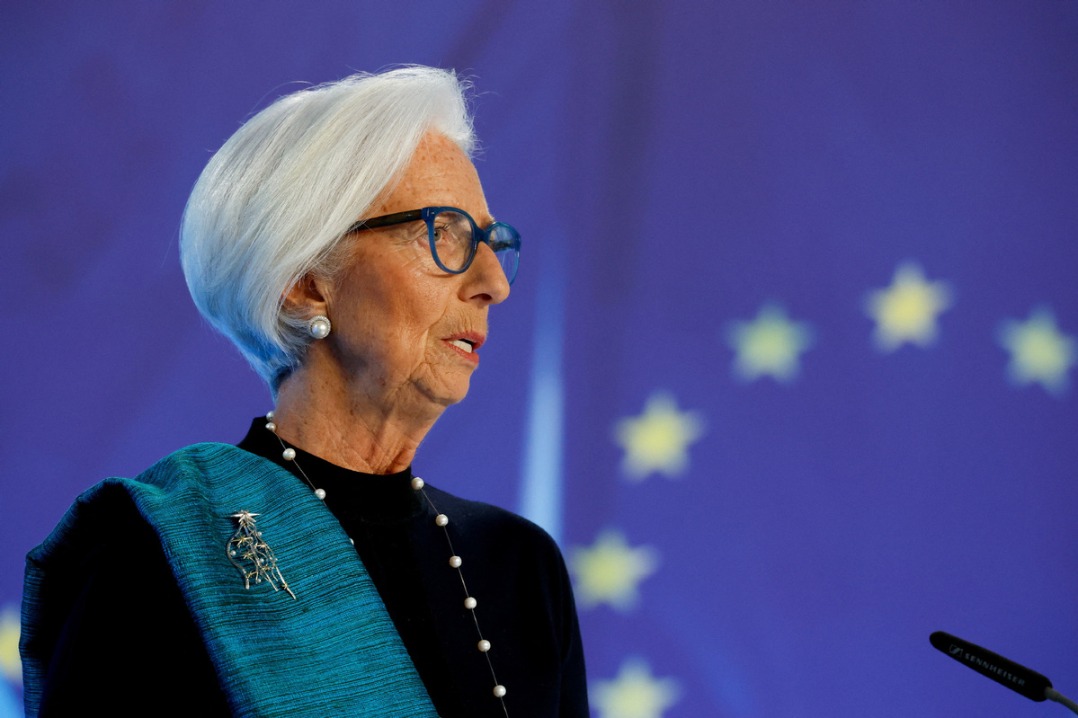Prison leave under scrutiny after killings


Attack spotlights European jails as the hotbed of radicalism
LIEGE, Belgium/BRUSSELS - Authorities sought to deflect questions on Wednesday over the furlough of a convicted criminal, known to have been radicalized in jail, who killed three people in the city of Liege.
Just hours after his release, the man named by Belgian media as Benjamin Herman killed two policewomen and a bystander on Tuesday before being gunned down in what officials said was a terrorist attack. Police also suspect the 36-year-old of the murder of a former associate found dead at his home.
United Nations Secretary-General Antonio Guterres on Tuesday condemned the attack and in a statement said the UN stands in solidarity with Belgium in its fight against terrorism and violent extremism.
In and out of jail for a variety of crimes since 2003, Herman found a path to violence that has heightened concerns Europe's prisons are incubators for radicalism.
He converted to Islam while in detention, a security source said, and was under suspicion of radicalization.
In Belgium, a prisoner's inclusion on a state security list as a suspected radical is not automatically communicated to all police or the prison service, experts said.
It was the fourteenth time since his detention that he was granted temporary leave, intended to help him prepare for eventual reintegration into society in 2020, Justice Minister Koen Geens told reporters.
"Everyone in Belgium is asking the same question: How is it possible that someone convicted of such serious acts was allowed to leave prisons?" Belgium's Deputy Prime Minister Alexander de Croo was cited by local media as saying.
Justice Minister Koen Geens defended the decision to grant the attacker prison leave, saying there was no reason to suspect this time would be a different from his earlier furloughs.
"I don't think those are mistakes," he said. "It is not a clear cut case of radicalization - otherwise he would have been flagged by all services."

































